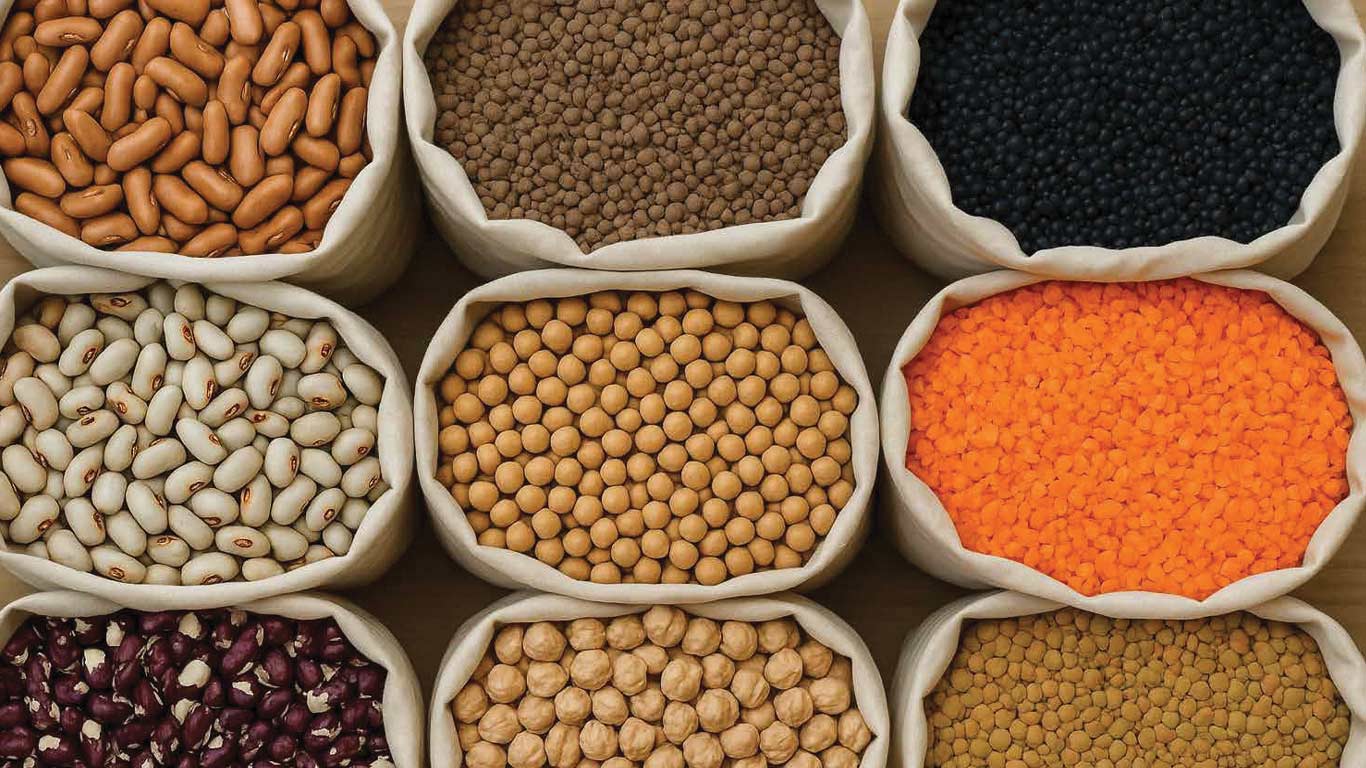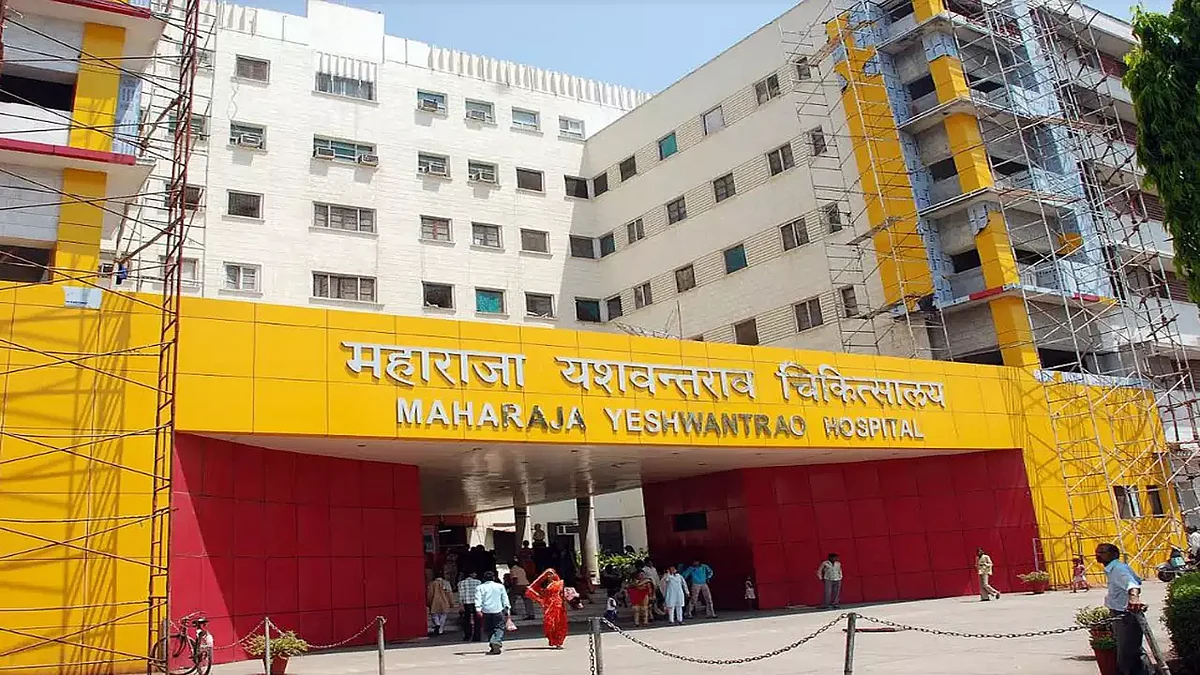
New Delhi, Oct 1 (KNN) The Union Cabinet has approved the Mission for Aatmanirbharta in Pulses, a six-year initiative (2025-26 to 2030-31) aimed at achieving self-sufficiency in pulse production in India.
With a total investment of Rs 11,440 crore, the mission seeks to boost domestic production, reduce import dependency, enhance farmers’ incomes, and ensure availability of high-quality pulses across the country.
India, the world’s largest producer and consumer of pulses, has witnessed rising demand due to increasing incomes, while domestic production has lagged, resulting in 15–20 per cent imports.
The mission will address this gap through a comprehensive strategy encompassing research, improved seed systems, area expansion, assured procurement, and price stabilisation.
A key focus will be on developing and disseminating high-yielding, pest-resistant, and climate-resilient pulse varieties.
Multi-location trials will be conducted across major pulse-growing states, while five-year rolling seed production plans will ensure premium seed availability.
Breeder seed production will be supervised by ICAR, with foundation and certified seeds tracked via the Seed Authentication, Traceability & Holistic Inventory (SATHI) portal.
By 2030-31, 126 lakh quintals of certified seeds are expected to cover 370 lakh hectares.
The mission plans to increase pulse cultivation by an additional 35 lakh hectares by making use of rice fallow and other cultivable lands, while encouraging intercropping and crop diversification.
To assist farmers, 88 lakh seed kits will be distributed free of cost, alongside structured training programs aimed at enhancing skills in modern and sustainable farming practices.
To strengthen value chains, 1,000 processing units are planned to reduce post-harvest losses and increase value addition, with a maximum subsidy of Rs 25 lakh available per unit.
A cluster-based approach will tailor interventions to local conditions, ensuring more effective resource allocation and productivity gains.
The Mission guarantees 100 per cent procurement of Tur, Urad, and Masoor through the Price Support Scheme under PM-AASHA for farmers registered with NAFED and NCCF in participating states over the next four years.
A mechanism will also be established to monitor global pulse prices to safeguard farmer confidence.
By 2030-31, the mission aims to expand pulse cultivation to 310 lakh hectares, raise production to 350 lakh tonnes, and achieve yields of 1,130 kg per hectare.
Beyond production, the initiative is expected to generate employment, improve soil health, promote climate-resilient practices, and make productive use of fallow lands, contributing to Atmanirbharta (self-reliance) in pulses and significant foreign exchange savings.
(KNN Bureau)



